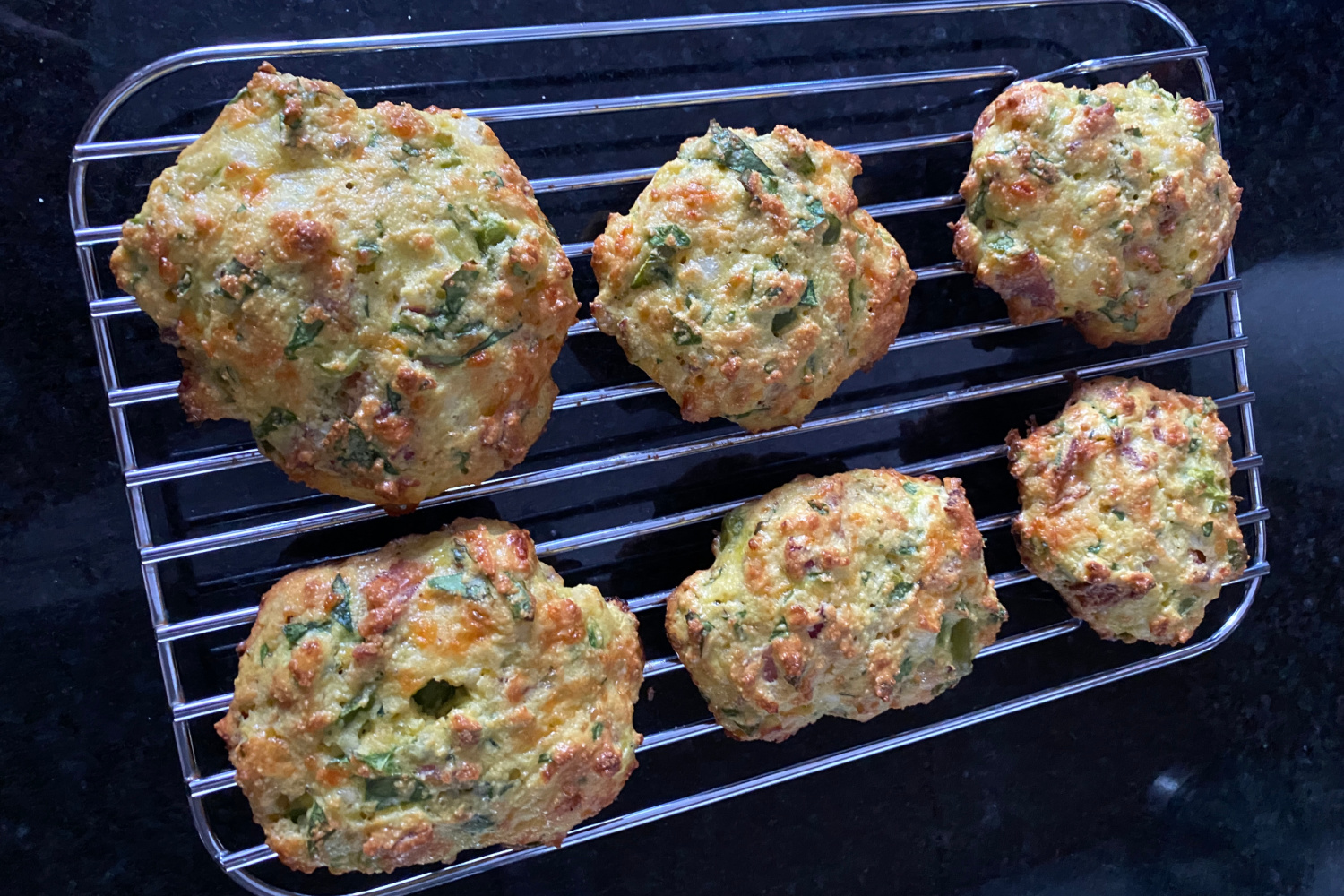As winter blankets the world in frost, staying warm becomes more than a matter of comfort—it’s vital for our overall well-being. Traditional Chinese Medicine (TCM) and Ayurveda, two ancient healing systems, offer unique insights and practical strategies to keep the body warm and healthy during colder months. Let’s delve into the principles of these traditions and discover their wisdom on maintaining warmth.
Traditional Chinese Medicine (TCM) and the Art of Staying Warm
TCM views the body as a dynamic interplay of energies, emphasizing balance between Yin (cold, passive) and Yang (hot, active). Winter, being a Yin season, demands attention to Yang energy to prevent cold from invading the body and disrupting harmony. Here are some TCM-inspired tips:
1. Nourish your kidneys
In TCM, the kidneys are considered the source of our vital energy (Qi) and are closely associated with winter. Strengthening kidney Yang helps maintain internal warmth. Foods that nourish kidney energy include:
- Black sesame seeds
- Walnuts
- Bone broth
- Dark leafy greens
- Seaweed
Herbs such as ginseng and cinnamon bark can also support kidney health and boost internal heat at the same time.
2. Eat warm and cooked foods
Cold and raw foods, such as salads and smoothies, are seen as detrimental in winter as they increase Yin energy. Instead, opt for warm, cooked meals that are easy to digest. Soups, stews, and porridges made with warming spices like ginger, garlic, and turmeric are excellent choices.
3. Dress for the season
TCM emphasizes protecting key areas of the body from cold wind, particularly the neck, lower back, and feet. Scarves, warm socks, and layers are essential. The concept of “Wei Qi,” or protective energy, suggests that exposure to cold weakens this barrier, making us susceptible to illness.
4. Use moxibustion
Moxibustion, a practice of burning the herb mugwort near specific acupuncture points, is used to warm the body, invigorate Qi, and dispel cold. This therapy is especially effective for people with chronic cold hands and feet or those prone to winter chills.
5. Stay active
Gentle movement, such as Tai Chi or Qigong, keeps Qi flowing and generates internal warmth. Avoid overexertion, as it can deplete energy reserves, but aim for regular, moderate exercise to maintain vitality.
6. Warm drinks and herbal teas
Drinking warm liquids is a cornerstone of staying warm. Ginger tea, cinnamon tea, and licorice root tea are excellent choices for enhancing circulation and warming the body from within. My favorite warming tea is this one. It tastes similar to a chai tea but doesn’t contain the caffeine or sugar.
Ayurvedic Wisdom for Winter Warmth
In Ayurveda, winter is governed by the Kapha and Vata doshas. Kapha’s qualities (cold, heavy, and moist) and Vata’s qualities (cold, light, and dry) require counterbalance with warmth, moisture, and nourishment. Here are Ayurveda’s top tips for staying warm:
1. Eat seasonally and mindfully
Ayurveda emphasizes eating with the seasons. Winter calls for grounding, warming, and oily foods to pacify Vata and Kapha. Foods to include:
- Root vegetables (sweet potatoes, carrots, beets, etc.)
- Ghee and healthy fats
- Spices like cinnamon, nutmeg and cardamom
- Legumes like mung beans and lentils
Hot meals should be preferred over cold or refrigerated foods. Begin meals with a small amount of fresh ginger to kindle digestive fire (Agni).
2. Oil massage (Abhyanga)
Daily self-massage with warm oils, such as sesame or almond oil, is a powerful way to generate heat, improve circulation, and soothe dry winter skin. Apply the oil in circular motions, focusing on joints and extremities, then take a warm shower.
3. Hydrate with warm liquids
Stay hydrated with warm, spiced water or herbal teas. Adding a pinch of cumin, coriander, or fennel seeds to water can enhance digestion and keep the body warm.
4. Wear natural fibers
Ayurveda recommends wearing warm, breathable fabrics like wool and cotton to maintain body temperature. Avoid synthetic materials, which may interfere with the skin’s ability to breathe and regulate heat.
5. Stick to a routine
Winter’s slower pace aligns with Kapha’s steady energy, making it an ideal time to establish a consistent daily routine. Wake up early, eat meals at the same time each day, and ensure you get enough rest to support your immune system.
6. Warm baths and aromatherapy
Warm baths infused with essential oils like eucalyptus, clove, or cinnamon can relax muscles and stimulate warmth. Aromatherapy with warming scents such as ginger, black pepper, or sandalwood adds an additional layer of comfort. This is my all-time favorite winter essential oils blend. It’s warm, woody and incredibly relaxing.
7. Practice Pranayama
Breathing techniques like Bhastrika (bellows breath) and Kapalabhati (skull-shining breath) generate internal heat and stimulate circulation. Practice these techniques in a comfortable, seated position to energize the body and mind.
Common ground: TCM and Ayurveda's shared wisdom
Both TCM and Ayurveda emphasize living in harmony with nature’s rhythms. Their shared recommendations include:
- Warm, Nourishing Foods: Focus on cooked, spiced, and seasonal ingredients.
- Protect the Extremities: Keep feet, hands, and the back of the neck warm to preserve internal energy.
- Support Digestive Health: Use warming spices to strengthen digestion, which is seen as the body’s internal fire.
- Hydration with Warm Liquids: Avoid cold drinks and prioritize teas or spiced water.
- Mindful Movement: Gentle exercise and energy work keep the body’s Qi or Prana flowing.
Practical tips for modern lifestyles
1. Meal prep for warmth.
Preparing meals ahead of time is a practical way to ensure you stay nourished and warm during busy winter days. Focus on hearty dishes like soups, stews, and casseroles that can be easily reheated. Incorporate warming ingredients such as ginger, garlic, and cinnamon into your recipes, and store your meals in insulated containers to retain heat for longer periods.
2. Layer strategically.
Dressing in layers is one of the simplest yet most effective ways to stay warm. Begin with a moisture-wicking base layer to keep sweat away from your skin, add an insulating layer such as fleece or wool to trap heat, and finish with a windproof or waterproof outer layer to shield against the elements. Don’t forget accessories like gloves, hats, and scarves to protect exposed areas and prevent heat loss.
3. Create a cozy environment.
Transform your living space into a warm haven by using thick curtains to block drafts, rugs to insulate floors, and blankets for extra warmth. Consider adding a humidifier to maintain optimal moisture levels in the air, as dry air can make the cold feel harsher. Scented candles or a crackling fireplace can add a comforting ambiance.
4. Stay active indoors.
Engaging in indoor physical activities is a great way to generate heat and boost circulation. Set aside time for yoga or Pilates, which combine movement with mindfulness, or try bodyweight exercises like squats and push-ups. These activities not only warm you up but also strengthen your body against the winter chill.
5. Keep a thermos handy.
Carrying a thermos filled with a warm beverage ensures you stay hydrated and cozy throughout the day. Opt for herbal teas or warm water infused with lemon, honey, or spices like cloves and cinnamon. Sipping warm liquids regularly can keep your core temperature stable and provide a sense of comfort during cold days. Right now I’m really enjoying my temperature controlled smart mug which keeps my water warm and avoids me having to re-heat it multiple times.
Embracing winter's wisdom
Winter invites us to slow down, reflect, and prioritize self-care. By integrating the timeless principles of TCM and Ayurveda, we can not only stay warm but also nurture our bodies and minds during this season of rest. These ancient traditions remind us that health is a balance of external care and internal harmony—a lesson worth embracing as we navigate the frosty months ahead.
Read more about what we can learn from winter in this post.

Total Program Value: $2,850
Limited spots available!
Next session launches February 1, 2025
Stay strong, agile and confident as you age
ATHLETE FOR LIFE 12-WEEK COACHING PROGRAM
Included in this program are:
- 6 bi-weekly small group coaching calls
- Access to private NUDGE app community
- Comprehensive program resources and content
- Personalized game planning and feedback
- Progress tracking and accountability tools













